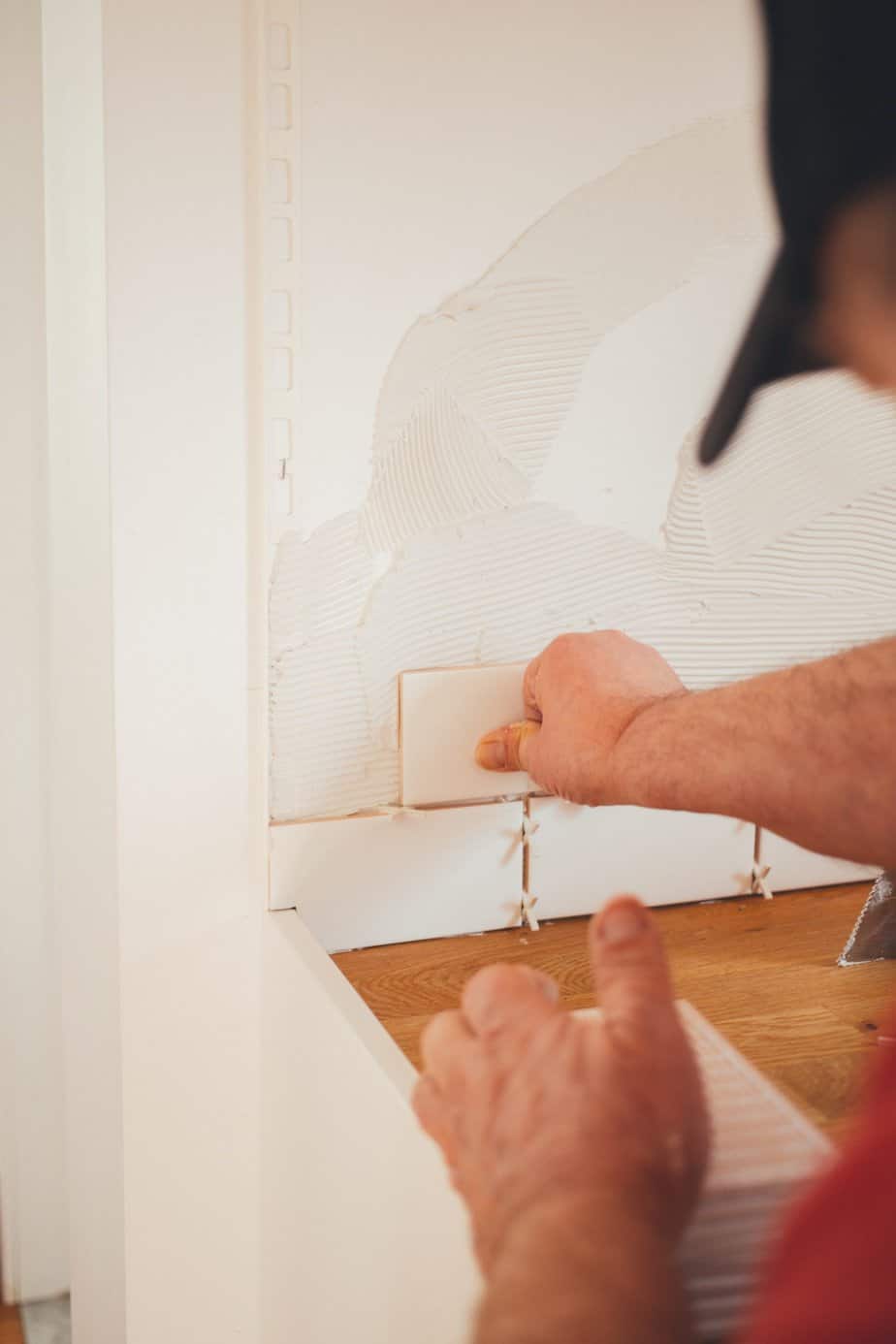
The kitchen is said to be the heart of the home – and for good reason. We spend a lot of time there and it’s usually the most intensively used room in the house. That’s why kitchen design and selection of the right finishing materials are particularly important. Wondering which tiles will work best in the kitchen? Here are some helpful tips.
When choosing kitchen tiles, you should take into account not only aesthetics, but also (or maybe even primarily!) parameters affecting their quality. In a place as frequently used as the kitchen, the surfaces should be covered with high-quality materials that will ensure functionality and durability for years.
The key technical parameters of tiles determine their quality and will thus determine the functionality of the room where they will be used. Therefore, when choosing kitchen tiles, it is necessary to pay attention to such properties as:
Water absorption or absorbency is a particularly important parameter for kitchen tiles. The lower it is, the better the tiles will perform in a room like kitchen, where water is used and humidity is higher.
Another equally important parameter is resistance to scratches and other mechanical damages – it influences the tiles’ durability. The higher the resistance, the longer we will be able to enjoy the good condition of kitchen tiles.
Faience kitchen tiles are very popular due to their availability in numerous colors and patterns. Keep in mind, however, that tile will only work as tiles on the wall – this type of tile is not resistant to mechanical damage. Under the influence of impact their surface can crack and chip.
Terracotta, or otherwise known as stoneware tiles, is another popular solution in kitchens. This type of tile can be used both on the wall and on the floor. We can get stoneware tiles in various sizes and patterns, but most often we will meet with a more traditional design. For this reason, terracotta tiles are often used to decorate kitchens in a rustic or manor style.
When choosing stoneware tiles, it is worth paying attention to whether their surface has a glazed protective coating – it makes it easier to keep the tiles clean and increases the aesthetic value of the surface.
Stoneware tiles in kitchens are becoming more and more popular. This solution is suitable for both walls and floors.
The market offers a wide selection of colors, patterns and sizes of porcelain tiles, so it’s no problem to find something for yourself and easily fit this kind of tiles to your kitchen.
A particular advantage of porcelain stoneware tiles is their low coefficient of water absorption, which makes them ideal for use in rooms with higher humidity. The disadvantages, on the other hand, are that it is more difficult to keep porcelain tiles clean compared to tiles, and they are less resistant to mechanical damage compared to terracotta.
main photo: unsplash.com/charlesdeluvio